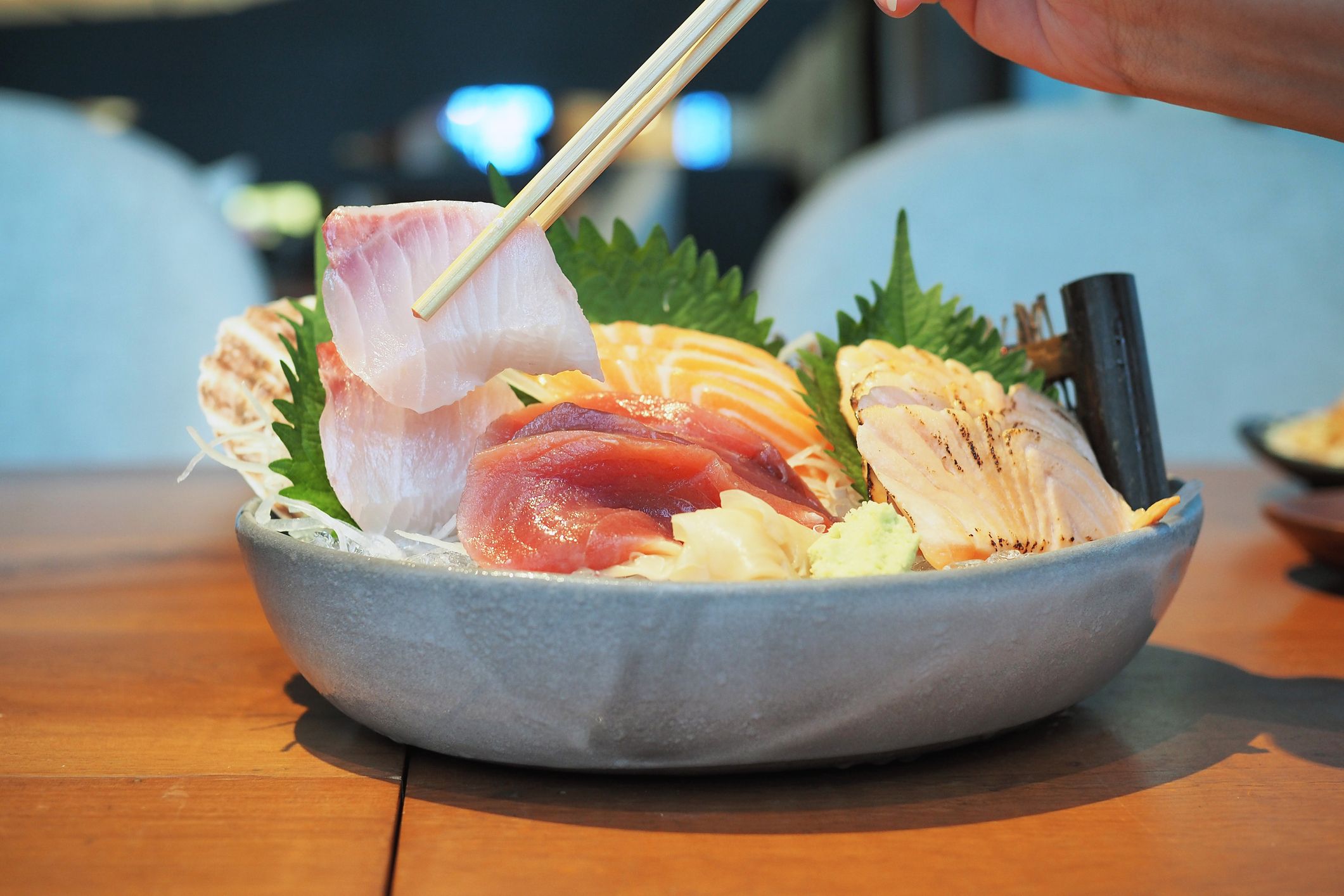

Is it safe to eat raw foods during pregnancy?
Raw food pregnancy. Pregnant women are generally advised to avoid raw foods like sashimi, uncooked sushi and shellfish. This is especially during the first three months (the first trimester), when a foetus’s immune system is still developing.
Follow us on WhatsApp for the latest updates: https://bit.ly/AsiaMDWhatsAppEN
Uncooked foods are a hotbed for viruses, bacteria, or parasites, which may cause food poisoning. Pregnant women are more vulnerable to food poisoning, as pregnancy changes the microbe population in the gut. This also changes their metabolism, and weakens their immune system.
Vomiting and diarrhoea from food poisoning can cause dehydration in pregnant women. Serious cases may require hospitalisation and hydration with intravenous fluids.
A mother could pass toxins from food poisoning to her baby, through the bloodstream. In severe cases, this blood poisoning can cause miscarriage and stillbirth. However, this is very rare in Singapore, where food safety and preparation standards are high. This is why most pregnant women can safely eat raw foods after their first trimester, if their gynaecologists have given them the go-ahead. Semi-cooked foods like soft-boiled eggs and medium-rare steaks are also safe for consumption after the first trimester.
Some pregnant women may also choose to avoid raw or semi-cooked foods completely, to reduce their risk of food poisoning.
Types of food poisoning
| Condition | Description and symptoms |
| Listeria infection (listeriosis) |
Listeria bacteria can contaminate foods like deli meats and sausages, unpasteurised or soft cheeses like Roquefort cheese, smoked salmon and raw salads. Common symptoms of listeriosis are a fever, chills, muscle aches, back pain, diarrhoea and nausea. Babies born with listeria infection may suffer intellectual disability, paralysis, seizures, blindness, or problems with the brain, kidneys, or heart. Listeria infection can also cause death in newborns. |
| Salmonella |
Salmonella bacteria may be found in undercooked proteins like chicken, eggs, or fish. Salmonella infections are less dangerous for pregnant women compared to listeria, and infections transferred to unborn babies are rare. Symptoms of salmonella include stomach pain, diarrhoea, fever and chills, nausea and vomiting, headaches and blood in the stool. |
If you suspect you have food poisoning while pregnant, you should see your doctor immediately. Your doctor may prescribe antibiotics which are safe for pregnancy.
Food safety precautions
Pregnant women can reduce their risk of food poisoning with these food safety tips:
- Wash your hands, kitchen utensils and crockery thoroughly when preparing and consuming food.
- Use separate cutting boards, crockery and utensils for raw and ready-to-eat food.
- Reheat food only once until it reaches a safe temperature of 60°C or more.
- Keep hot food warm, and cold food cold. Cool leftover food to room temperature, and refrigerate it quickly.
- Do not refreeze defrosted food.
- Do not prepare food if you are ill.
This article has been verified medically by Dr Khoo Chong Kiat, senior consultant obstetrician and gynaecologist at the CK Khoo Clinic For Women & Laparoscopy at Mount Elizabeth Novena Hospital (Singapore).



0 Comments
Trackbacks/Pingbacks